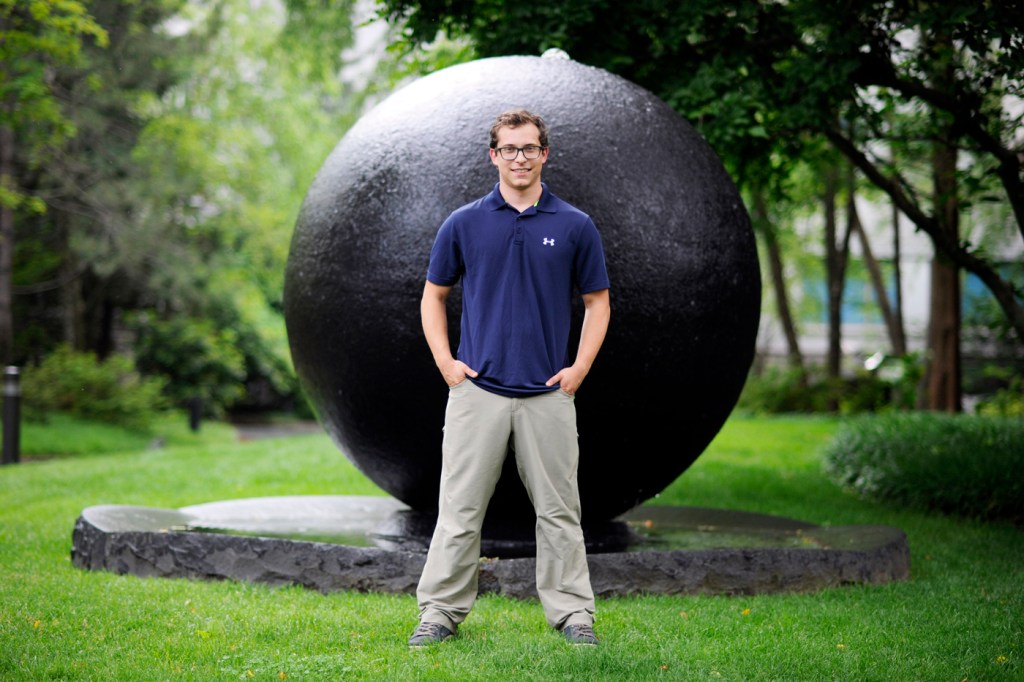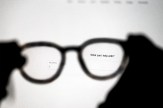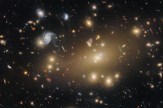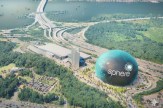Swiss Mountains beckon physics student for dream co-op

When it came time to choose a college, Nick DePorzio found a piece of information that solidified his choice to attend Northeastern.
One of the university’s more than 2,900 co-op sites is CERN, the European Organization for Nuclear Research, which hosts the world’s largest and most powerful particle accelerator. As DePorzio explained, CERN is the “holy grail” of destinations for anyone studying particle physics.
“Having that opportunity at your grasp as an undergraduate was really exciting,” said DePorzio, S’17.
The physics major will finally grab hold of that opportunity next month, when he begins his work at CERN in Geneva, Switzerland, for his second co-op as a Northeastern student. He’ll be working with College of Science professor Darien Wood and associate professor Emanuela Barberis.
CERN is the world’s most complex experimental facility, built over a 10-year period by more than 10,000 collaborating scientists around the world. It gives researchers the chance to test physics theories, particularly through its proton-proton collision detectors.
This is an exciting time for the collider, which earlier this month went back online following a two-year hiatus for upgrades after it found the elusive Higgs Boson. Those upgrades included doubling the operating energy at which the protons are hurled at each other.
DePorzio will be tasked with monitoring a new trigger system that will determine which collision events look strong enough for further analysis. The new system was developed to compensate for the increased operating energy.
“The system looks to define the window of where to look for a certain event and the energy it produces,” DePorzio said.
Because the particles are thrown around in the collider with such great energy and magnitude, DePorzio said he’s excited to see first-hand the shift from introductory physics, where classical laws dictate how things move and operate, to a state where those laws really don’t apply anymore.
This co-op will also be faster paced than DePorzio’s first co-op, at least in terms of the speed the particles are moving. For his first co-op, DePorzio worked at the Laboratori Nazionali del Gran Sasso in Italy, where researchers test particles at the lowest energy possible.
On his first co-op, DePorzio maintained a video blog and interviewed researchers working in the lab working in the lab to better explain the experiments taking place. He hopes to do something similar at the collider.





